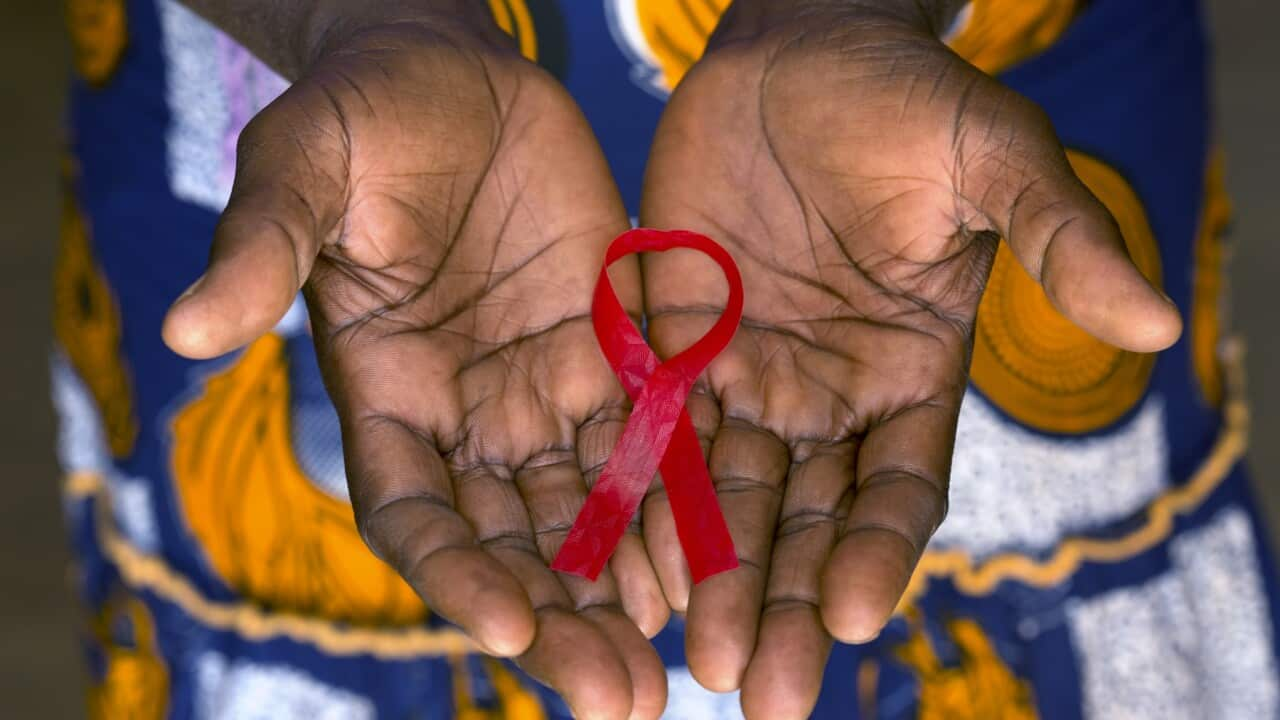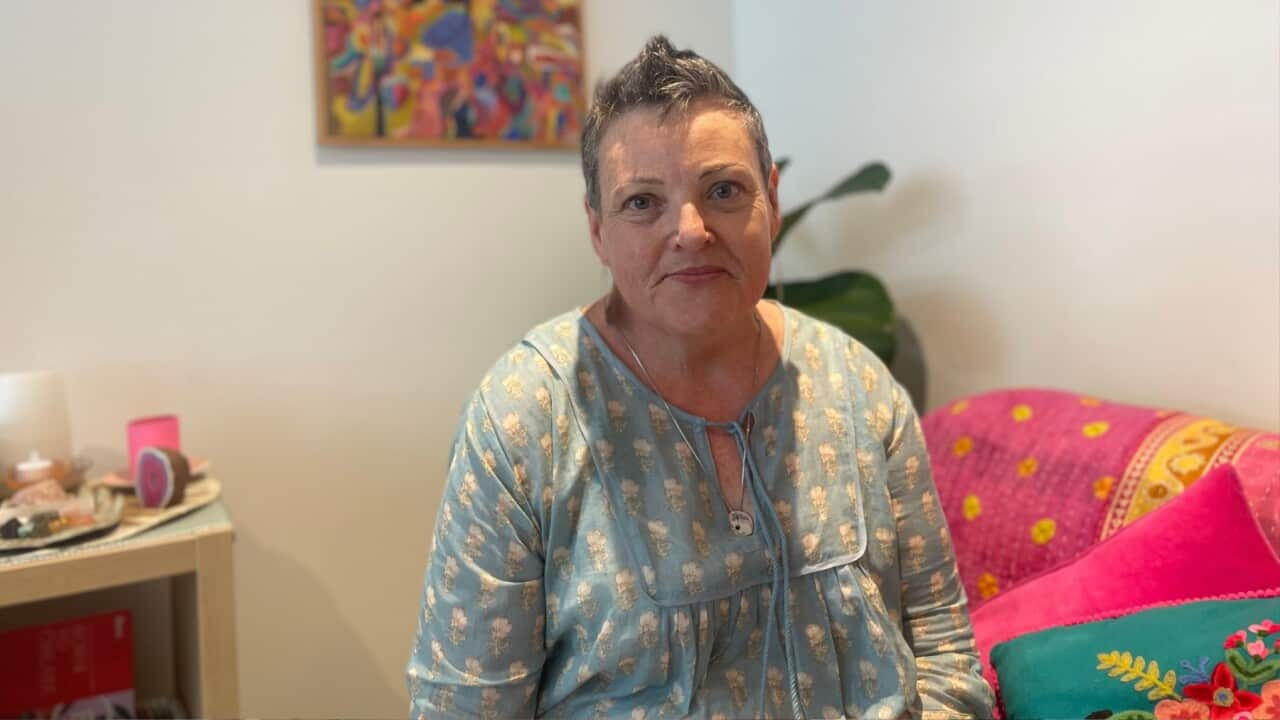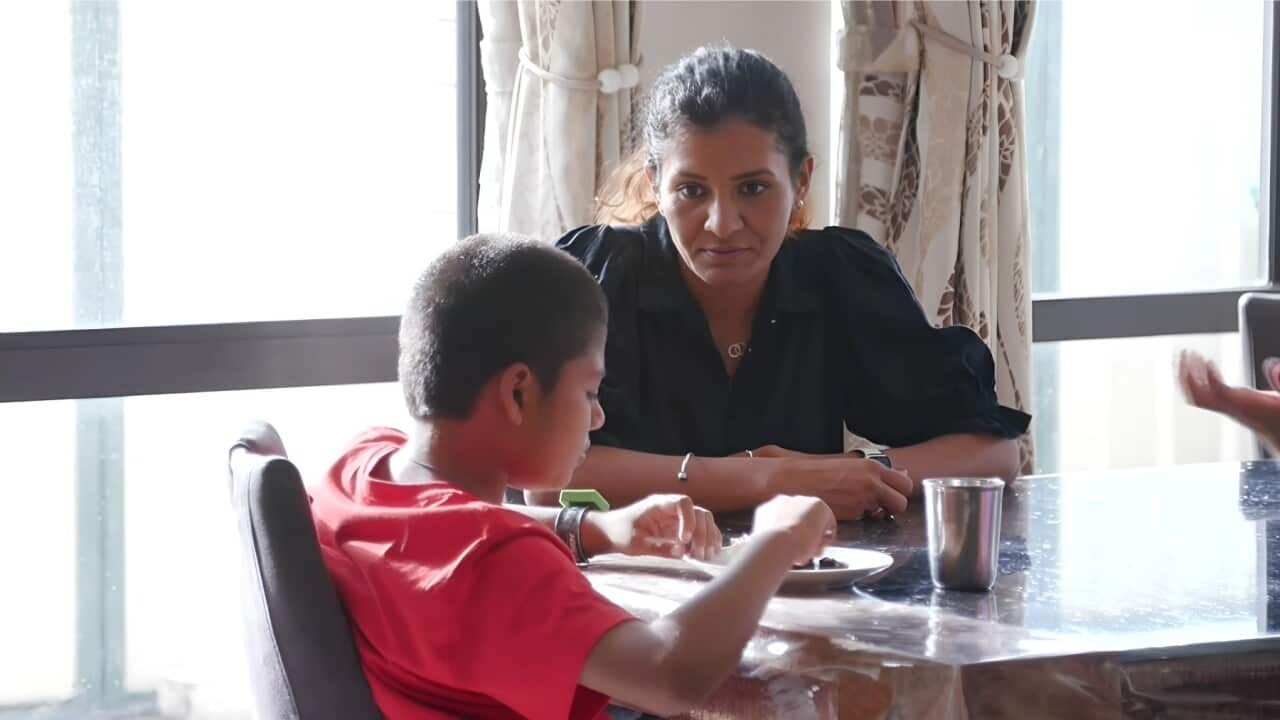TRANSCRIPT:
The human immunodeficiency virus or HIV is a virus that attacks the body’s immune system, and if untreated, can lead to AIDS.
New research from Monash University has found that some people living with HIV are choosing cheaper, suboptimal antiretroviral treatment, or A-R-T, out of fear that their applications for permanent residency will be rejected because of rules about what applicants can spend on their health over a 10-year period.
Monash associate professor Jason Ong says those cheaper treatments aren't as good at controlling HIV, and aren't as safe.
"This specific requirement is Significant Cost Threshold. It has an unfortunate and unintentional impact perhaps on people with HIV. It sends the message that people with HIV or anyone costing more than $51,000 over 10 years is not welcome in Australia, because basically you cost us too much money. I think it's an unfair threshold at the moment, and the Australian Human Rights Commission and many others have written to the government to revise this."
These migration rules don't just apply to individuals, but to family members as well.
Matthew's father contracted HIV almost 10 years ago and has been receiving some of his treatment in Australia.
His mother's application for permanent residency was rejected because her husband had exceeded the Significant Cost Threshold.
Matthew says this is unfair.
"It doesn't give everyone a fair go. That threshold should only be applied to a hypothetical person taking the same medication to my dad, which is not the case at all."
Alexandra Stratigos is the Principal Solicitor at the HIV Aids Legal Centre.
She says that the cost for permanent residents living with HIV is around $117,000 over a 10-year period - but that this outlay should not disqualify anyone.
"We wouldn't want to end up back in the same position that we are now because there are advances in medicine, potential increase in the costs of newer drugs, and then people to still be failing the health criteria, because the significant cost threshold was not set high enough."
HIV diagnoses in Australia have nearly halved in the last decade, and some health experts say we will make major progress towards the goal of eliminating HIV as a public health threat if that trajectory continues.
But their wider concern is that Australia could still fall short of the target of a 90 percent reduction by 2030, largely due to inequities in the delivery and uptake of HIV prevention and treatment strategies.
Ms Stratigos says migration rules like the cost threshold are a perfect example.
"That there be clear messaging can be very clear that your HIV status is not going to impact upon the grant of the visa, because anything less than that, then we risk people still trying to do things that are not going to be beneficial to their health... If people do something that's detrimental to their health, and ultimately, they do gain permanent residency, if their health has been compromised in that intervening period then ultimately it would become more costly to Australia... So unless that messaging is very clear, we will not be able to end HIV in Australia."
In 2022, New Zealand raised its medical expenses threshold from $41,000 NZ dollars to $81,000.
The CEO of Health Equity Matters, Dash Heath-Paynter, says the federal government should examine that decision.
Dr Ong agrees.
He says while Australia might be world leaders in eliminating HIV, it's migrations laws like this put the country behind others, as part of a visa application process that is already stressful enough.
"We are world leaders in HIV response. This is the one thing that we are completely behind everyone else. Most countries around the world have changed their migration laws so that HIV is exempt from this migration process... So it is possible to happen. It's just a matter of the government, following the rest of the world. But there's been no action."













